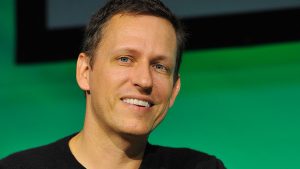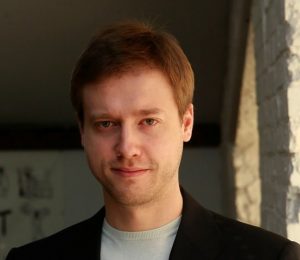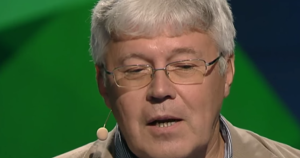Although the concept of eternal youth is controversial today, the world's wealthiest individuals are optimistic that humans will soon be able to live for thousands of years.
Beyond the ordinary
The transfusion of regenerated blood is one of the recently popular anti-aging procedures among the wealthy society, and it is understandably unsettling. Peter Thiel, one of the Pay Pal founders, regularly has this procedure done, wherein teenage blood is used as the starting point for anti-aging therapy. When the American media gave this billionaire the label of "vampire" in 2016, the first rumors about his eccentricities started to surface. Little is currently known about clinics that carry out these operations.On the other hand, the name of the American business Ambrosia LLC—which provides youthful blood transfusions for affluent senior citizens—has surfaced online. Jesse Karmazin, a Stanford University alumnus, founded it. Since the patients of the clinic prefer to stay anonymous, none of the procedures the clinic performs are disclosed to the public.
Another billionaire who also owns a part-time casino in Las Vegas, Don Loughlin, is completely enamored with the concept of longevity. He invests enormous sums of money in the development of cryonics and is a supporter of the Alcor Life Extension Foundation, which uses liquid nitrogen to freeze patients' bodies in the hopes that they will eventually fully recover. In one of these capsules, the aging billionaire also plans to freeze his savings. Along with other developed countries, billionaires in Russia are thinking about the idea of endless life. One of them is media tycoon and billionaire Dmitry Itskov. Despite the fact that he is only 37 years old, Itskov takes the idea of immortality seriously and spends a lot of money on scientific research in this area. In addition, the media mogul is investing in the creation of an artificial human body - an avatar, which will have its own consciousness.

Billionaire realists
There are also billionaires who do not place their hopes on immortality and who have a more reasonable view of the matter of life extension. With a two-pronged approach, binary rejuvenation is a realistic rejuvenation technique from the perspectives of physiology and psychology. Regular physical exercise and the establishment of a positive psychological environment are the two main tenets of this approach. Russian businessman Andrey Shmakov is a vocal advocate for leading a healthy lifestyle. He founded the Institute of Binary Rejuvenation in 2005. The young billionaire Andrei Fomenko, who has committed himself to the fight against aging and invested in the establishment of a sizable medical facility in Russia, backs him. Calico Research Institute (Larry Page and Sergey Brin, co-founders of Google) opened its doors with funding to study aging. Founded in 2013, the institute successfully employs top doctors in the field of genetics. We are left with little choice but to wait for the outcomes of Calico's scientific procedures and research because they are not reported by the media.
A Little History
James Bedford, a psychology professor at the University of California, is the first to consent to the cryopreservation of his own body. The surgery took place in 1967, right after a volunteer with kidney cancer passed away physiologically. Bedford's body was transferred to a new cryostat in 1991, and the tests were also examined at that time. As it happened, the professor's body showed no symptoms of deterioration for 24 years, proving that the cryopreservation process produced results that were as expected. About 370 people have been cryopreserved so far, and the number is still rising.
Eternity comes with a cost.
Recent data indicates that anti-aging procedures utilizing state-of-the-art technologies come at a high cost. On the other hand, one of the least expensive rejuvenation treatments is a transfusion of regenerated blood, which comes in at $8,000. The cost of cryonics, which involves freezing the body after death, ranges from $40,000 to $250,000. An additional $120,000 is needed to freeze the brain.
The Science of Immortality

Although scientists reject the idea that anyone could live forever, Anatoly Brushkov, a Russian professor at Moscow State University, discovered the "immortality" bacterium Bacillus F in 2009. Scientists have discovered this bacterium in Yakutia's permafrost, and it has the ability to extend life. Up until now, research on the bacteria's effects has only been done on animals that demonstrated enhanced immunity, memory, and muscular strength. It is premature to assess the impact of such a bacterium on humans; further research and testing are needed. Researchers are still looking into the bacterium's potential and effects, and those who wish to live forever are hoping for good news.